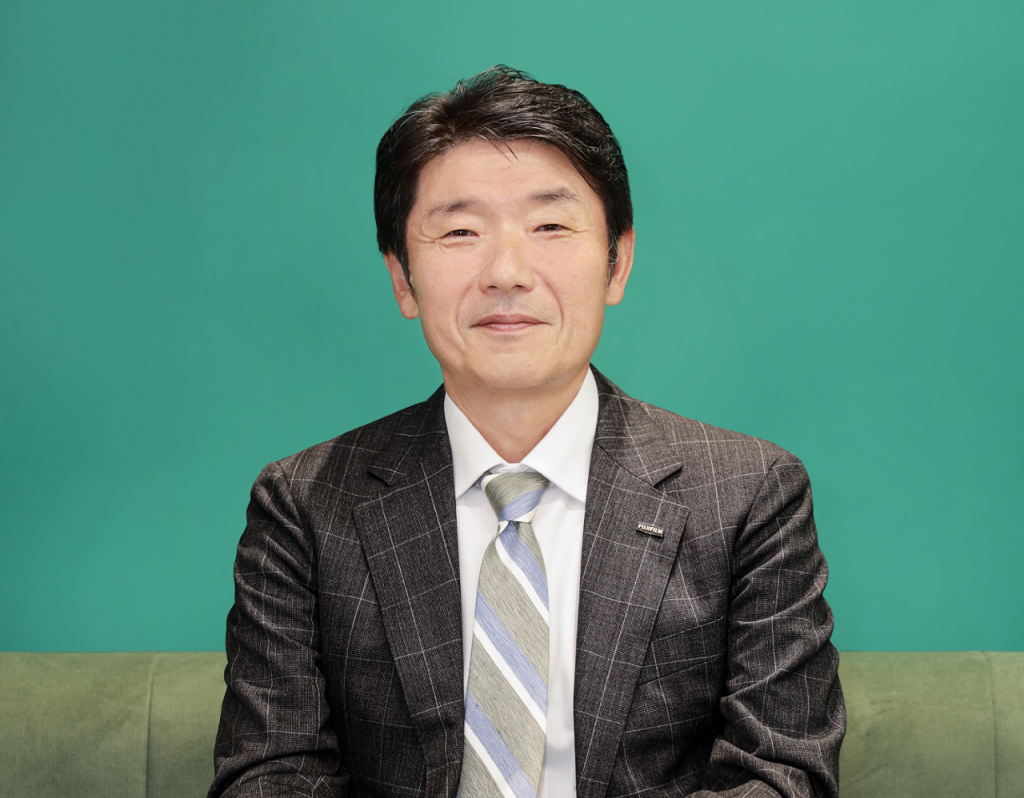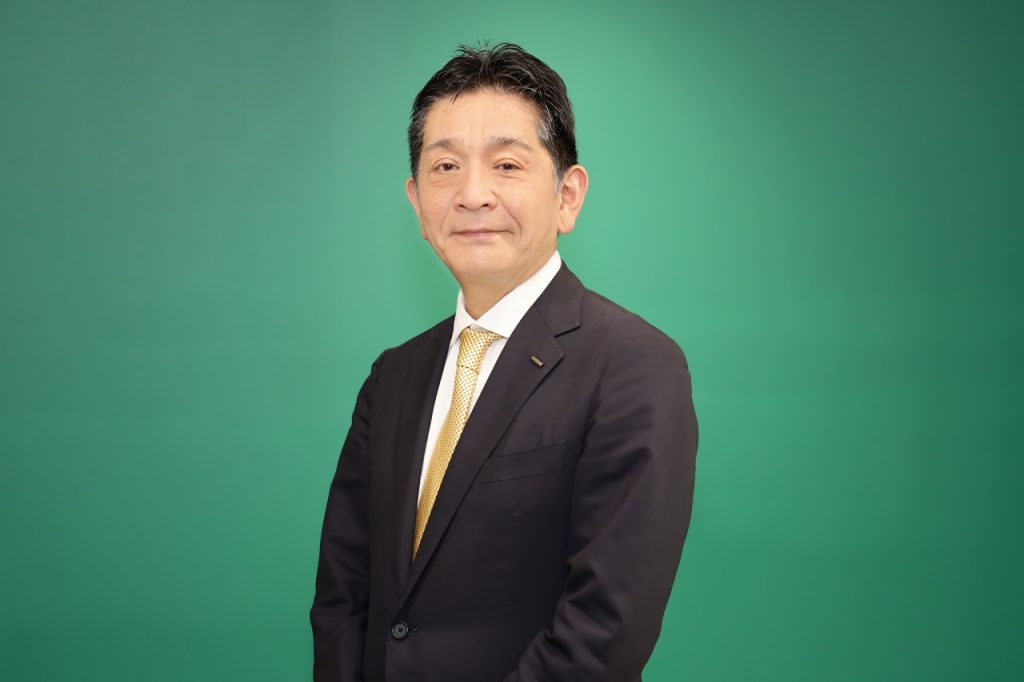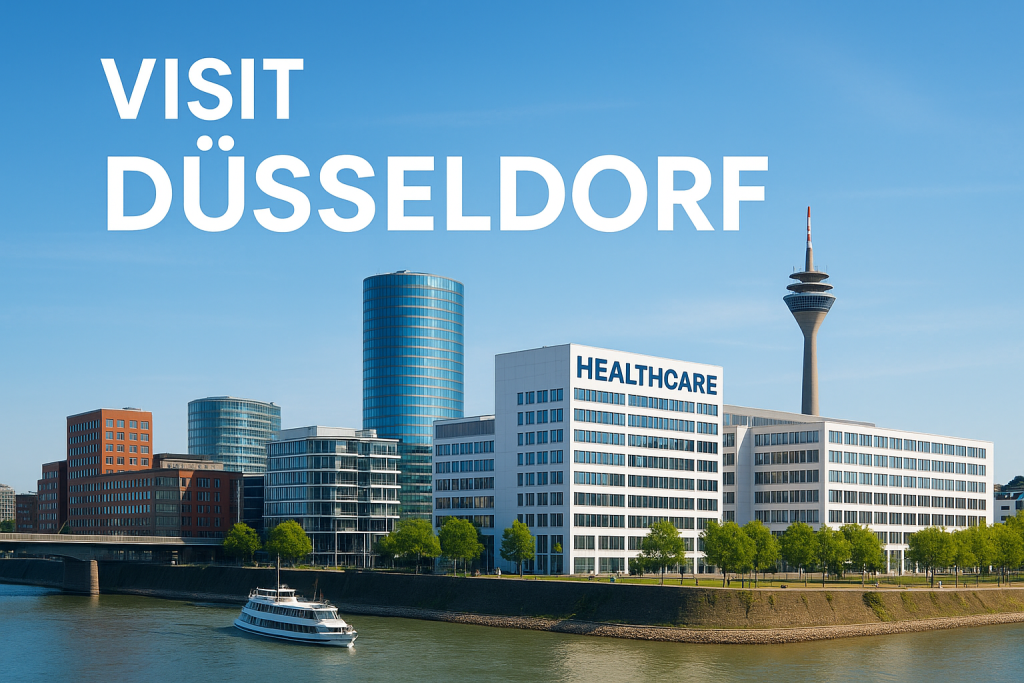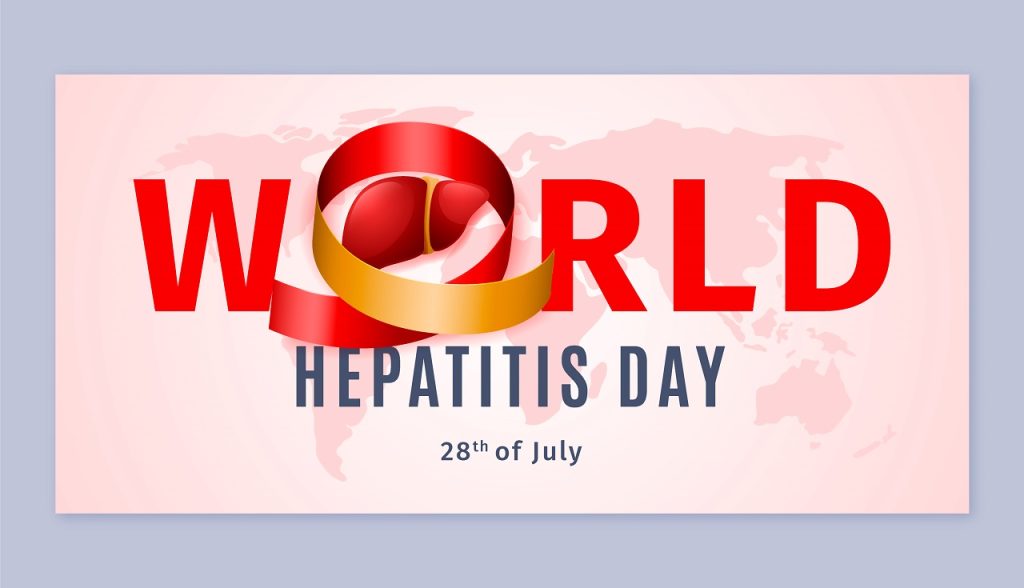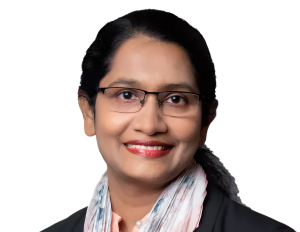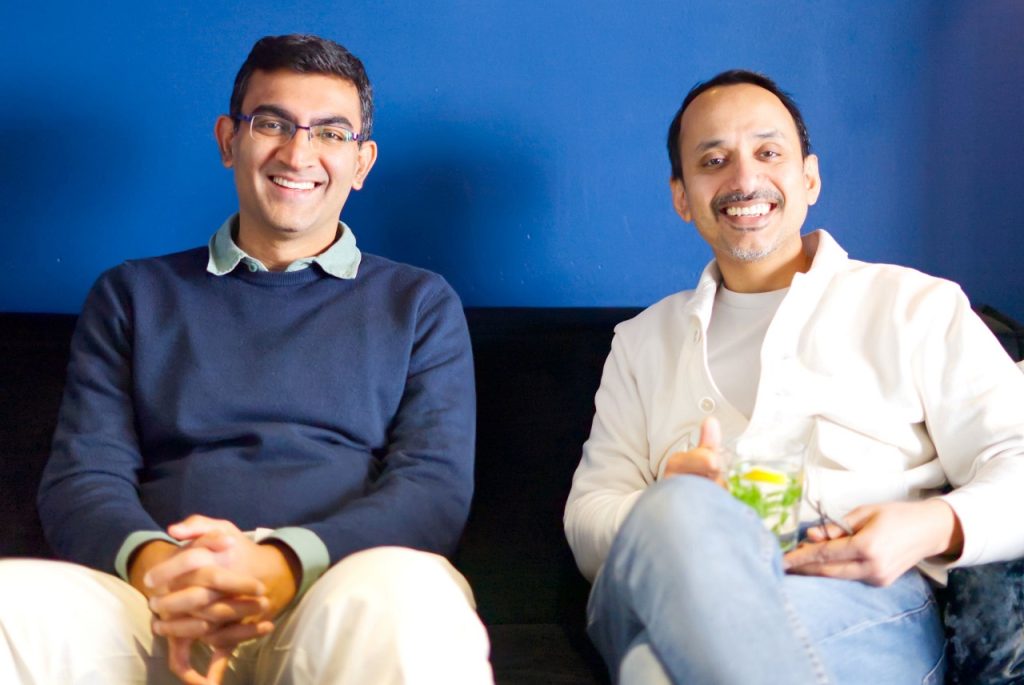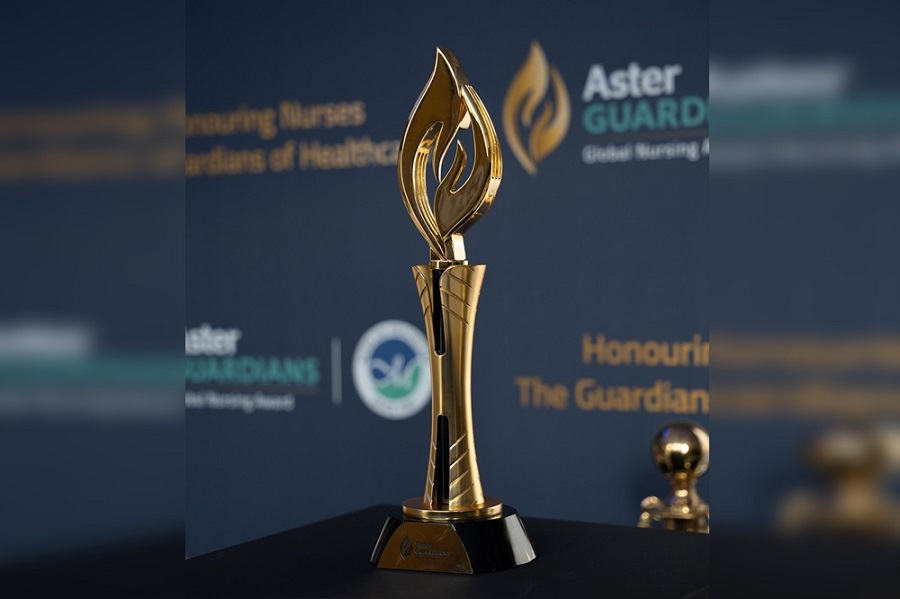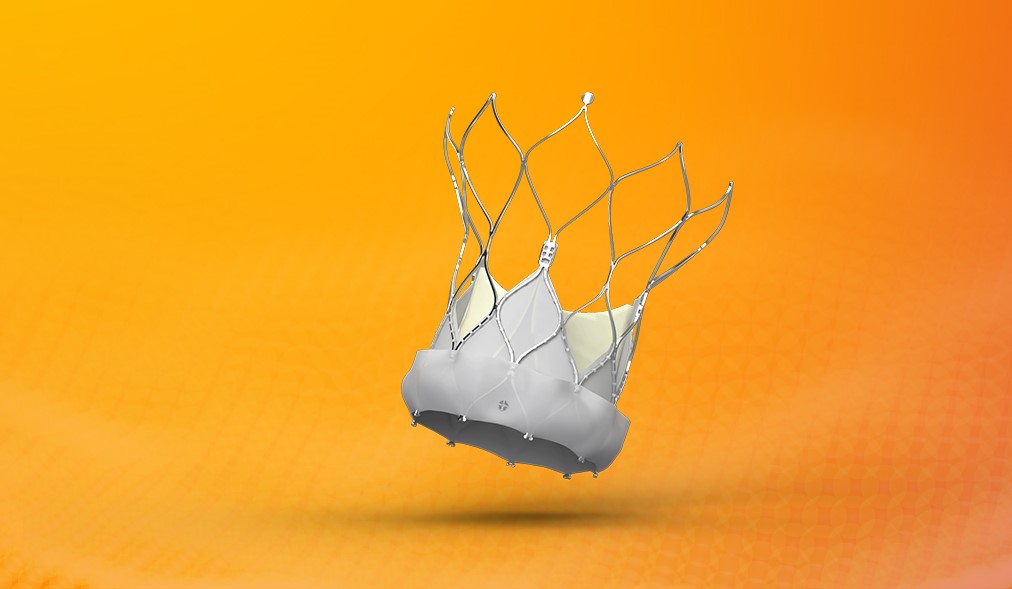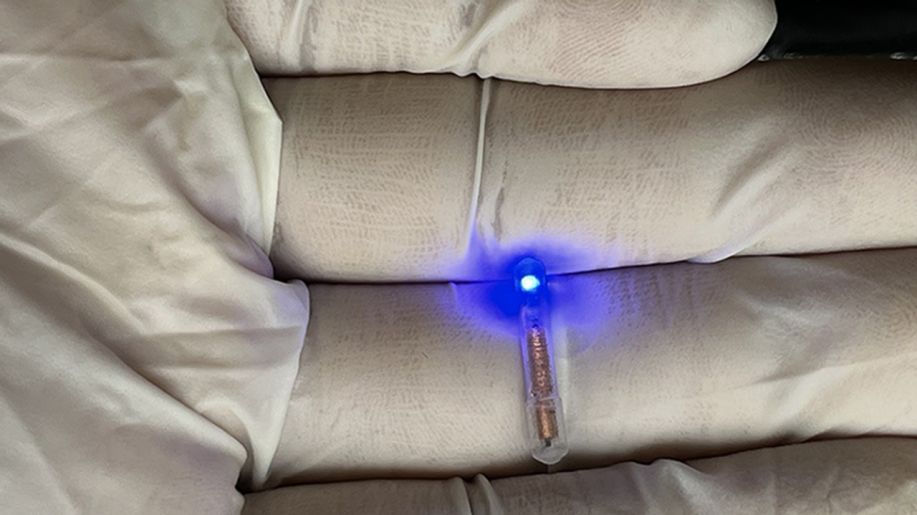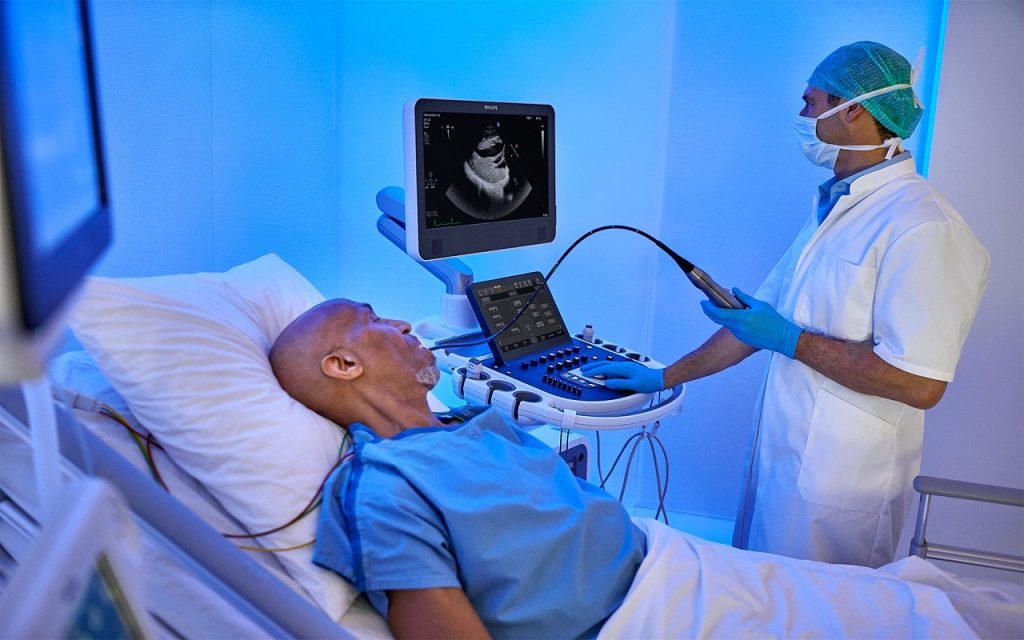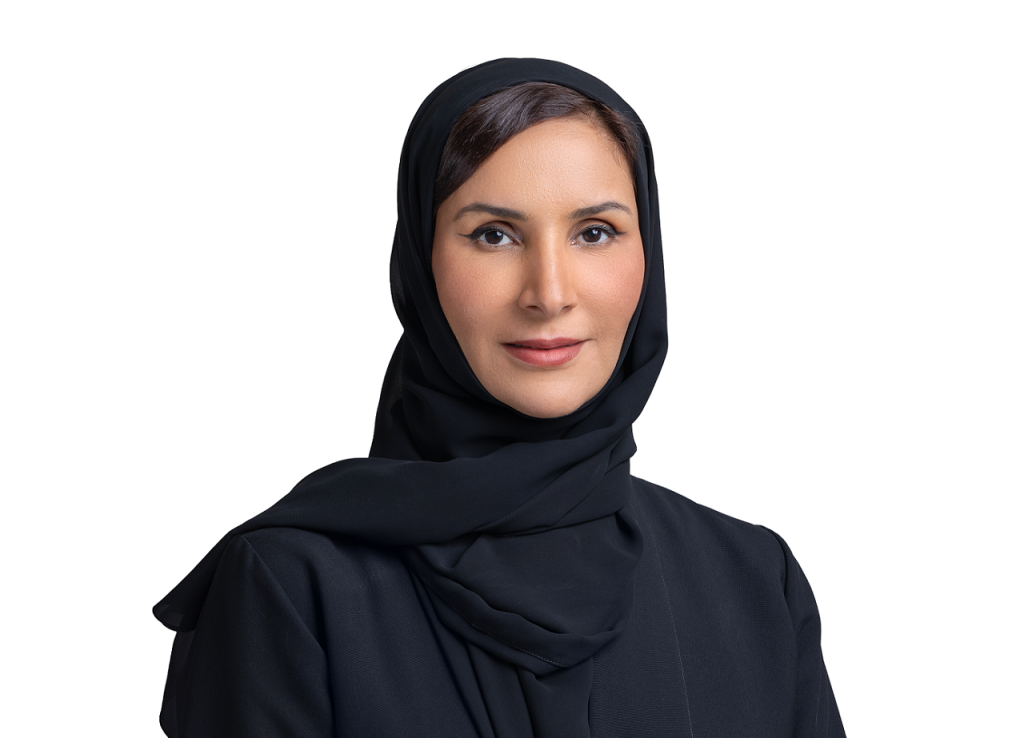
Maryne Cotty-Eslous: Innovation at the Heart of Augmented Humanity
A pioneer of human-centered innovation, Maryne Cotty-Eslous stands at the crossroads of the digital and the biological in Dubai, embodying a singular vision: innovation as an act of resilience and humanity. At just 35 years old, she holds a leading
Fujifilm’s legacy in healthcare innovation dates back to 1936, when it began producing medical film. Since then, the company has evolved into a global leader in medical imaging, diagnostics, and […]
In an exclusive conversation, Masataka Akiyama, President and CEO of Fujifilm Europe, outlines the company’s enduring commitment to advancing healthcare technologies and services across Europe, the Middle East, and particularly […]
Düsseldorf, the capital of North Rhine‑Westphalia, has emerged as one of Germany’s top medical tourism destinations for patients from the Middle East, CIS countries, and beyond. With an unmatched concentration of […]
A pioneer of human-centered innovation, Maryne Cotty-Eslous stands at the crossroads of the digital and the biological in Dubai, embodying a singular vision: innovation as an act of resilience and […]
Every year on 28 July, the world marks World Hepatitis Day, a public health observance established by the World Health Organization (WHO) and global partners to raise awareness of viral hepatitis, […]

RAK Hospital Launches UAE’s First Y-DNA Ancestry Test, Expanding Genetic Testing Portfolio
RAK Hospital has unveiled the UAE’s inaugural Y-DNA

TERN Group Secures $33 Million to Revolutionize GCC Healthcare with the World’s First Clinical AI Workforce Platform
TERN Group, a Dubai-founded AI-driven global talent mobility

Aster Guardians Global Nursing Award 2026 Opens Nominations for Fifth Edition with USD 250,000 Prize
Aster DM Healthcare has launched the fifth edition

Abbott Expands Navitor™ TAVI System Use With New CE Mark for Aortic Stenosis
Abbott has announced that its Navitor™ transcatheter aortic
EVENTS

The Pan Arab Anesthesia Conference 2025 (PAAC 2025), held from June 20-22, 2025 in Dubai, UAE, brought together a leading assembly of anesthesiologists, intensivists, pain management experts, and allied healthcare professionals from across the Arab region and beyond.

The conference officially kicked off with an opening ceremony and plenary sessions highlighting “Anesthesiology in Health Emergencies” – the 2025 annual theme endorsed by the World Federation of Societies of Anesthesiologists. Over three full days, attendees engaged in workshops, symposiums, and panel discussions covering cutting-edge innovations in anesthesia, perioperative patient safety, and chronic pain management.
The expert-led program was overseen by a distinguished scientific committee, including Dr. Cornelia Weidinger (Anesthesia Program Chair), Dr. Salah Al Ali (Pain Management Chair), and Dr. Osama Sami Maki Al Ani (Workshop Chair). Speakers included internationally recognized specialists such as Prof. Abdel Karim Al‑Oweidi Al‑Abbadi presenting on neuro‑monitoring techniques and critical care strategies.

Corporate partners like Zahrawi Group and Medtronic showcased advanced monitoring tech including BIS™, INVOS™ NIRS, McGRATH™ MAC, and the Leon MRI anesthesia system – underlining the conference’s dual focus on education and technological application.
PAAC 2025 served as a dynamic platform for cross‑border collaboration, knowledge-sharing, and innovation in anesthesia and pain medicine. Attendees departed equipped with practical insights on emergency preparedness, neuro‑monitoring, and advances in patient‑centric perioperative care.

MEAPEN (The Middle Eastern Alliance for Parenteral and Enteral Nutrition) Congress 2025 concluded on a high note at the Intercontinental Festival City in Dubai, drawing healthcare professionals, clinical nutritionists, pediatric specialists, and thought leaders from across the globe. This year’s event, hosted under the leadership of Dr. Wafaa Ayesh, Chair, MEAPEN Congress Vice President, ASPCN Consultant Clinical Dietician UAE, and other distinguished chairpersons, offered a comprehensive two-day scientific program that spanned critical topics in adult and pediatric nutrition.
The congress, which serves as a regional hub for evidence-based dialogue on clinical nutrition, featured parallel sessions in two halls — Adult (Hall A) and Pediatric (Hall B) — emphasizing MEAPEN’s commitment to tackling both ends of the age spectrum in healthcare nutrition.
Insightful Panel Discussions & Scientific Highlights
In Hall A, the adult sessions began with practical discussions on intravenous lipid emulsions, medical nutrition’s role in disease management, and the health economics surrounding nutritional interventions. Experts like Dr. Arthur van Zanten and Dr. Doaa Genena explored ICU-based personalized energy and protein strategies, while other sessions addressed malnutrition in ESRD patients, cancer therapy, and sarcopenia.
On the pediatric side, Hall B opened with crucial insights on NICU and PICU practices led by Dr. Kathleen Gura from the U.S. and regional experts. Day one’s sessions examined allergies, synbiotics, and food intolerances with a strong presence from the Gulf region, including Dr. Wajeeh Al-Dekhail and Dr. Eiman AlHinai.

Day two continued the momentum with sessions on ketogenic diets, liver disease, intestinal failure, Alzheimer’s nutrition links, and artificial intelligence in clinical dietetics. Of special note was a standout session by Dr. Gil Hardy on chyme reinfusion therapy and Dr. Mona Hashim’s evidence-based perspective on injectables in pediatric metabolic care.
Industry-Backed Satellite Symposia
Industry engagement played a pivotal role in MEAPEN 2025’s programming. Nestlé, Almarai, Lilly, and Nutricia hosted satellite symposia that provided attendees with hands-on insights into nutrition strategies for muscle recovery, cow’s milk allergy (CMA) management, GLP-1/GIP injectables, and oncology nutrition. These sessions bridged academia and commercial innovation, giving attendees access to real-world case studies and the latest product-based therapies.
Exhibition and Networking
Beyond the lecture halls, MEAPEN 2025 featured a bustling exhibition area showcasing the latest in nutritional products, medical devices, and digital health solutions. Delegates interacted with exhibitors, gained exposure to emerging technologies, and explored solutions tailored to the Middle Eastern population.
Networking breaks, including coffee and lunch sessions, were strategically placed throughout the agenda to promote dialogue among peers, facilitate research collaboration, and enhance regional capacity building in clinical nutrition.
A Platform for Regional and Global Collaboration
By convening over 70 expert speakers from countries including the UAE, Canada, Egypt, the Netherlands, Greece, Bahrain, and the USA, MEAPEN 2025 reaffirmed its position as a key player in driving forward the science of parenteral and enteral nutrition in the Middle East.
Also Read: ADGHW 2025 Concludes, Unveiling a Bold Vision to Transform the Future of Healthcare.
The congress did more than share knowledge—it fostered a unified commitment to personalized nutrition, early-life health, aging population care, and innovative nutrition therapy for chronic diseases. It also highlighted how cross-border collaboration is vital for setting unified standards and improving patient outcomes across diverse healthcare settings.
As the curtains closed on MEAPEN 2025, delegates left with enhanced knowledge, new partnerships, and renewed inspiration to bring nutrition to the forefront of clinical care.

MedTech World 2025, held on February 24-25 at the InterContinental Dubai Festival City, attracted a record turnout, cementing its position as a premier event for healthcare innovators. The event brought together global leaders in medical technology, startups, investors, and healthcare professionals to explore the future of healthcare solutions.

Key highlights included impactful discussions on the role of AI and robotics in revolutionizing healthcare, from microsurgery to reproductive health. F.MED, for instance, presented its Robot-Assisted MicroSurgery (RAMS) system, a cutting-edge technology designed to address the global shortage of skilled surgeons. Other innovations, such as Wingwomen Technologies’ AI-powered medical device Nina, demonstrated the potential for data-driven precision in women’s health.

The MedTech World Awards 2025 also recognized exceptional contributions to medical technology, celebrating visionaries who are reshaping the healthcare landscape. The event culminated with the MedTech Startup Pitch Competition, where eight startups presented groundbreaking technologies. F.MED claimed the top spot with its pioneering RAMS system, while Wingwomen Technologies and EVAnatomy followed closely with their impactful health solutions.

The event concluded with discussions on future opportunities for scaling innovations globally and fostering collaboration within the medical technology ecosystem. MedTech World 2025 has once again proven to be a vital platform for driving forward the next generation of healthcare advancements.
Trending Now
Videos


